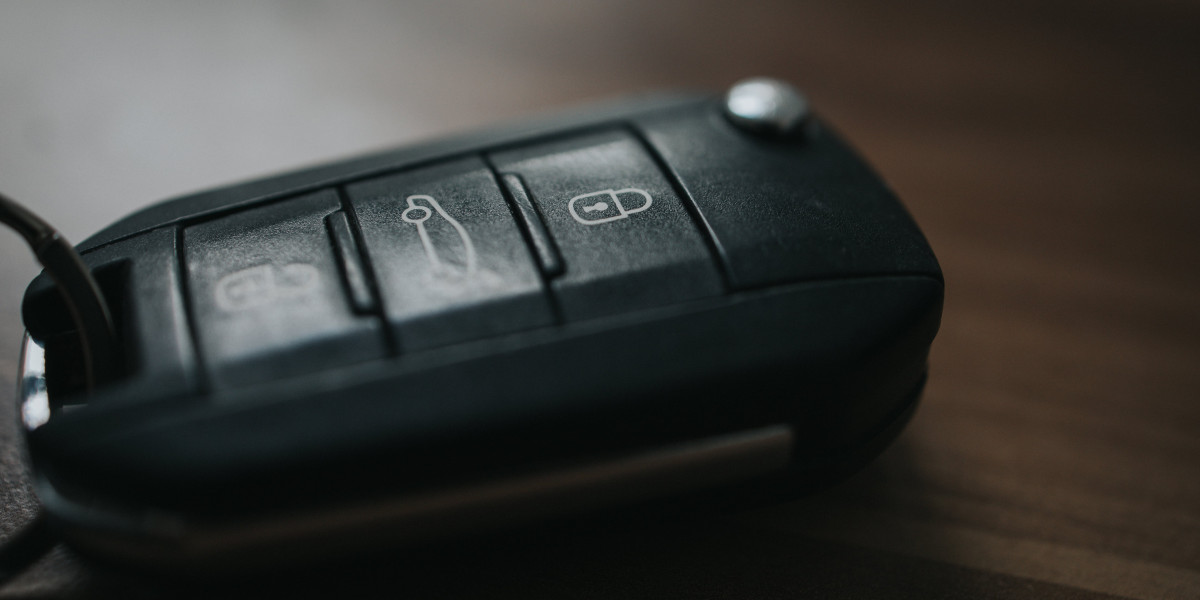Getting a Replacement Key for Your Car: A Comprehensive Guide
Losing or harming a car key can be an aggravating experience, however thankfully, getting a replacement key does not need to be extremely made complex. In this helpful guide, we will detail the different actions, choices, and considerations included in getting a replacement key for your car.
Comprehending Car Keys
Before diving into the replacement procedure, it is vital to comprehend the different types of car keys available. Here's a brief introduction:
| Type of Car Key | Description |
|---|---|
| Traditional Key | A basic metal key that mechanically unlocks and starts the vehicle. |
| Transponder Key | A key with a chip that communicates with the car's ignition system for included security. |
| Key Fob | A remote gadget that permits keyless entry and might consist of functions to start the vehicle from a range. |
| Smart Key | A proximity key that allows the chauffeur to unlock and begin the car without physically utilizing the key. |
| Valet Key | A limited key that enables restricted access to the vehicle, mainly for valet services. |
Comprehending the kind of key you have is important in determining the procedure of obtaining a replacement.

Steps to Get a Replacement Car Key
If you discover yourself in requirement of a replacement car key, follow these actions to navigate the process effectively:
1. Recognize the Type of Key
- Identify whether you have a conventional key, transponder key, key fob, or clever key. This information will influence the replacement procedure.
2. Check Your Insurance Policy
- Review your auto insurance coverage to see if it covers key replacement. Some policies offer this advantage, which could save you money and time.
3. Contact Your Car Dealership
- Connect to your car's car dealership, specifically for more recent vehicles that utilize advanced key technology.
- Be prepared to offer your vehicle recognition number (VIN), proof of ownership, and perhaps your vehicle registration.
4. Check out a Locksmith
- Think about going to a professional locksmith who has experience with automotive keys.
- Many locksmiths can produce and set transponder keys and key replacement for car near me fobs at a lower expense than car dealerships.
5. Utilize Online Services
- Some services focus on automotive key replacement and might provide online help.
- Be cautious and guarantee that you pick a respectable company.
6. Cost Considerations
- Understand the potential costs associated with getting a replacement key. Below is a general cost estimate based on key type:
| Key Type | Estimated Cost Range |
|---|---|
| Conventional Key | ₤ 2 - ₤ 5 |
| Transponder Key | ₤ 50 - ₤ 200 |
| Key Fob | ₤ 100 - ₤ 600 |
| Smart Key | ₤ 200 - ₤ 500 |
Regularly Asked Questions (FAQs)
1. How long does it take to get a replacement key?
- The time to get a replacement key varies depending upon the company. Dealers might take a couple of days, while locksmiths can often provide a key the very same day.
2. Can I replace a key myself?
- While it is possible to order a blank key online and cut it yourself, programming electronic keys normally needs customized devices.
3. What should I do if my key is lost or stolen?
- If your key is lost or taken, it is a good idea to reprogram your locks to prevent unapproved access to your vehicle.
4. Are all car keys programmable?
- Not all car keys can be configured. Standard mechanical keys are cut but do not require programs, while transponder keys and smart keys do.
5. How can I avoid losing my car type in the future?
- Consider investing in a key tracker, designating a specific area for your keys, or using a keychain that makes your keys more visible.
Last Thoughts
When faced with the difficult job of changing a car key, it is necessary to comprehend your options and pick the most effective route tailored to your requirements. Whether you choose a dealer, a locksmith, or an online service, being knowledgeable will streamline the procedure and aid ease a few of the tension associated with lost or damaged keys. Keep in mind to keep any brand-new keys in a safe designated area to prevent comparable problems in the future.




